Thca-Legal-In-Massachusetts: A Comprehensive Guide
Introduction
As the cannabis industry continues to grow and evolve, it’s essential to understand the legal landscape surrounding THCA (Tetrahydrocannabinolic Acid), a critical component of cannabis. In this article, we’ll delve into the world of Thca-legal-in-massachusetts, exploring its significance, history, and impact on the global cannabis market.
Understanding Thca-Legal-In-Massachusetts
THCA is a non-psychoactive compound found in high concentrations in the trichomes of cannabis plants. As the precursor to THC (Tetrahydrocannabinol), THCA is converted into THC through decarboxylation, which can occur naturally during curing and drying processes or through heat and light exposure.
Significance and Historical Context
THCA has been present in cannabis for thousands of years, with ancient cultures using it for medicinal and spiritual purposes. Today, THCA is gaining recognition for its potential therapeutic benefits, including pain relief, inflammation reduction, and immune system support.
Global Impact and Trends
The global cannabis market is expected to reach $63.3 billion by 2025, driven by growing demand, increasing legalization, and expanding research. THCA’s legal status varies across regions, with some countries like Canada allowing its production and sale for medical purposes.
| Region | THCA Legal Status |
|---|---|
| Canada | Medical use allowed |
| USA (Massachusetts) | Decriminalized for personal use |
| Europe | Research-focused, pending legalization |
Economic Considerations
The legal cannabis market is generating significant revenue, with Massachusetts alone accounting for $400 million in 2020. THCA’s economic impact extends to ancillary industries like cultivation, processing, and retail.
Technological Advancements
Significant advancements in cannabis technology have improved THCA extraction, refining, and product development. These innovations include:
- Supercritical CO2 extraction
- Ethanol-based extraction
- Closed-loop systems for enhanced control
Policy and Regulation
Massachusetts has a unique regulatory framework for cannabis, with a focus on public health and safety. Key policies and regulations include:
- Decriminalization of personal use (2016)
- Medical marijuana program (2008)
- Recreational cannabis legalization (2020)
Challenges and Criticisms
Despite its potential benefits, THCA faces challenges and criticisms, including:
- Limited research and understanding
- Regulatory hurdles and inconsistencies
- Quality control issues in production and distribution
To overcome these challenges, it’s essential to:
- Increase funding for research and education
- Develop standardized quality control measures
- Foster collaboration between industry stakeholders and regulatory bodies
Case Studies
Successful applications of THCA include:
- Pain relief: THCA-based products have shown promising results in reducing chronic pain.
- Inflammation reduction: THCA has demonstrated anti-inflammatory properties, making it a potential treatment for conditions like arthritis.
Future Prospects
The future outlook for THCA is optimistic, with emerging trends and growth areas including:
- Increased research: Continued investment in THCA’s therapeutic potential will drive innovation and product development.
- Expansion into new markets: Growing demand and legalization efforts will create opportunities for THCA-based products worldwide.
- Technological advancements: Ongoing innovations in extraction and processing will improve THCA quality, consistency, and accessibility.
Conclusion
THca-legal-in-massachusetts is a critical component of the global cannabis industry, with significant economic, therapeutic, and technological implications. As the market continues to evolve, it’s essential to understand the legal landscape, address challenges, and harness the potential benefits of THCA.
FAQ Section
Q: What is THCA?
A: THCA (Tetrahydrocannabinolic Acid) is a non-psychoactive compound found in cannabis plants.
Q: Is THCA legal?
A: THCA’s legal status varies by region, with some countries allowing its production and sale for medical purposes.
Q: What are the benefits of THCA?
A: THCA has potential therapeutic benefits, including pain relief, inflammation reduction, and immune system support.

Navigating THCA Flower Legality and Use in Massachusetts
2023 has seen a surge in interest for THCA (Tetrahydrocannabinolic Acid), a non-psychoactive compoun…….
Read More
Exploring THCA Flower Benefits and Legal Status in Massachusetts
Δ-9-tetrahydrocannabinolic acid (THCA), a non-psychoactive cannabinoid, has become a focal poi…….
Read More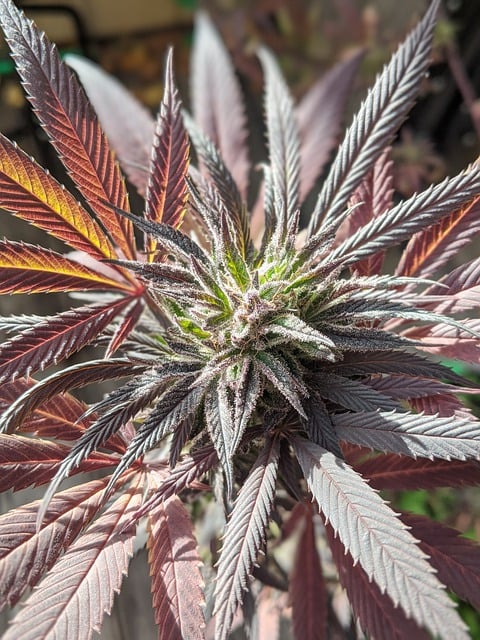
Exploring THCA Flower Benefits: A Legal Cannabinoid Option in Massachusetts
Massachusetts has become a pioneering state in the exploration of THCA (Tetrahydrocannabinolic Acid…….
Read More
Navigating THCA Flower Effects and Legalities in Massachusetts
THCA, or tetrahydrocannabinolic acid, is a non-psychoactive compound found in the Cannabis sativa pl…….
Read More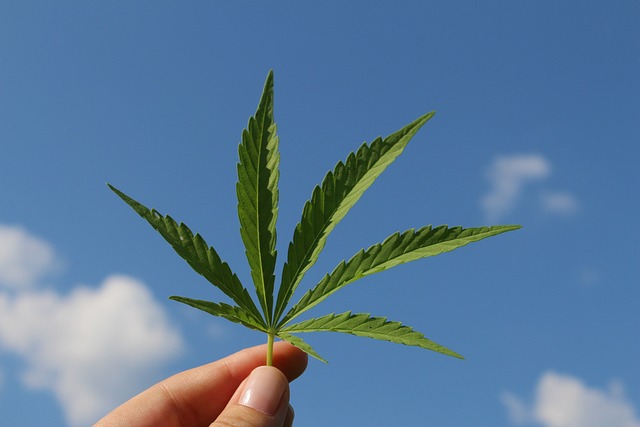
Exploring THCA Legal Status & Side Effects in Massachusetts
Massachusetts has fully embraced THCA (Tetrahydrocannabinolic Acid), a non-psychoactive cannabinoid…….
Read More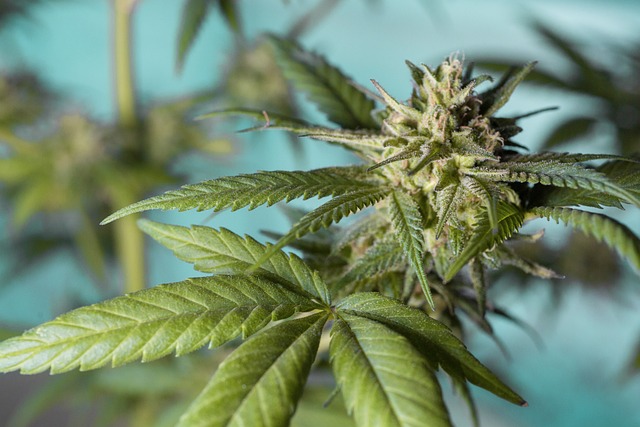
Navigating THCA Flower Impacts and Legalities in Massachusetts
THCA (Tetrahydrocannabinolic Acid), a non-psychoactive cannabinoid that is the precursor to THC, re…….
Read More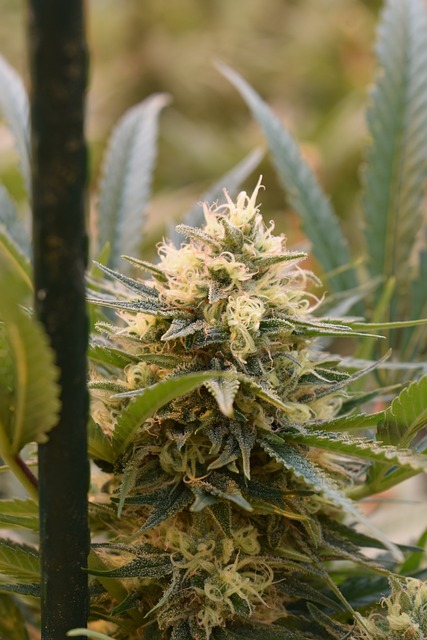
THCA Flower in Massachusetts: Potency, Risks, and Legal Considerations
In Massachusetts, THCA (Tetrahydrocannabinolic Acid), a non-psychoactive cannabinoid found in hemp …….
Read More
Exploring THCA Flower Benefits and Legal Status in Massachusetts
Following Massachusetts' legislative change, THCA (Tetrahydrocannabinolic Acid), a non-psychoa…….
Read More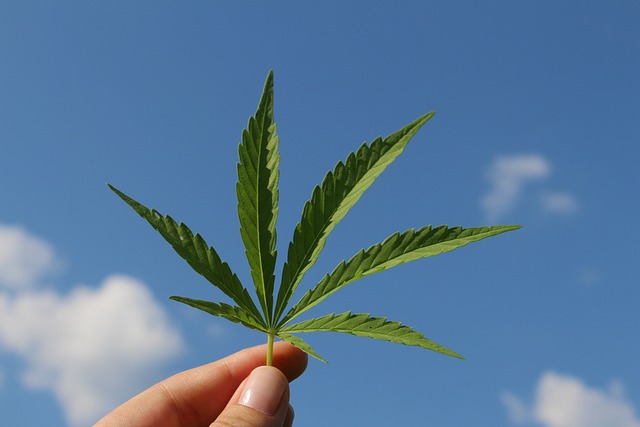
Assessing THCA Flower Safety and Legality in Massachusetts
In Massachusetts, THCA, a non-psychoactive compound found in raw cannabis plants that can convert to…….
Read More
Navigating THCA Legality: A Massachusetts User’s Guide to Flower Usage and Future Trends
In Massachusetts, THCA (Tetrahydrocannabinolic Acid), a non-psychoactive cannabinoid found in raw c…….
Read More